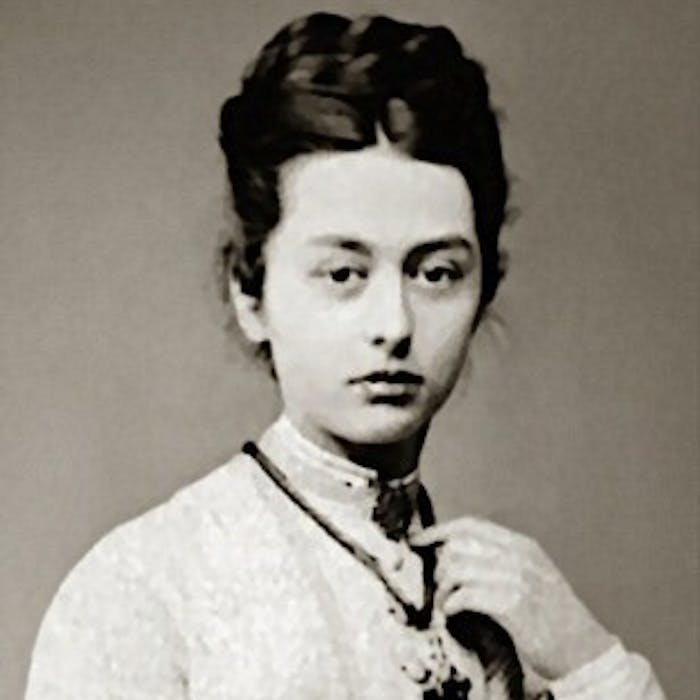
How the RSPB began
The Royal Society for the Protection of Birds is the UK’s largest nature conservation charity and the largest wildlife conservation charity in Europe. It was founded by two Victorian women.
In the late Victorian era feathers were regarded as the height of sophistication. By the 1880s the UK was importing exotic plumes from all over the globe, including from species as diverse as birds of paradise, hummingbirds, storks, vultures, ibises, toucans and parrots.
During this period a single order of feathers placed by a London dealer included 6,000 bird of paradise feathers, 40,000 hummingbird feathers and 360,000 feathers from various East Indian species.
Worth £2 million annually, the feather trade was centred in London. The high demand was leading to many desirable species coming close to extinction in the wild.
Emily Williamson was married to solicitor Robert Wood Williamson. It must have been a household of scientific enquiry as Robert was also a botanist and, later an anthropologist who travelled on expeditions to Papua New Guinea and published books about the peoples he found there.
Emily, meanwhile, became concerned about the widespread loss of bird species due to rampant feather hunting. In 1889 she founded The Plumage League at her house in Didsbury, Manchester.
Her all-women movement was born out of frustration that the male-only British Ornithologists Union was not acting on the issue.
Williamson and her friends and supporters campaigned to discourage the use of feathers - aside from those of the ostrich, which could be harvested without undue harm to the birds.
In the same year, the Fin, Fur and Feather Folk was founded in Croydon by Eliza Phillips and several friends, with similar aims.
The two groups gained in popularity and amalgamated in 1891 to form the Society for the Protection of Birds in London. The Society gained its Royal Charter in 1904.
Eliza Phillips became head of publications. “This is above all a women’s question,” she wrote in 1891. “It is women’s vanity that stimulates the greed of commerce, and women’s money that tempts bird-slaughterers to continue their cruel work at home and abroad.”
Eventually, the 1921 Importation of Plumage (Prohibition) Act was passed, marking the RSPB’s first successful campaign for nature.
As the years progressed, the RSPB broadened its mission to encompass a comprehensive approach to bird conservation. The society actively acquired and managed nature reserves, providing safe havens for various bird species. Notable successes include the preservation of seabird colonies, such as those on Skomer Island, and the restoration of wetland habitats crucial for waterfowl.
In the latter half of the 20th century, the RSPB expanded its efforts beyond the UK, engaging in international conservation projects and advocating for the protection of migratory birds.
Today, the RSPB stands as one of the largest and most influential wildlife conservation organizations globally, with millions of members and supporters contributing to its ongoing efforts to preserve and protect birdlife and their habitats.
The image is of Emily Williamson, from wikipedia.
Further reading
Links to external websites are not maintained by Bite Sized Britain. They are provided to give users access to additional information. Bite Sized Britain is not responsible for the content of these external websites.
